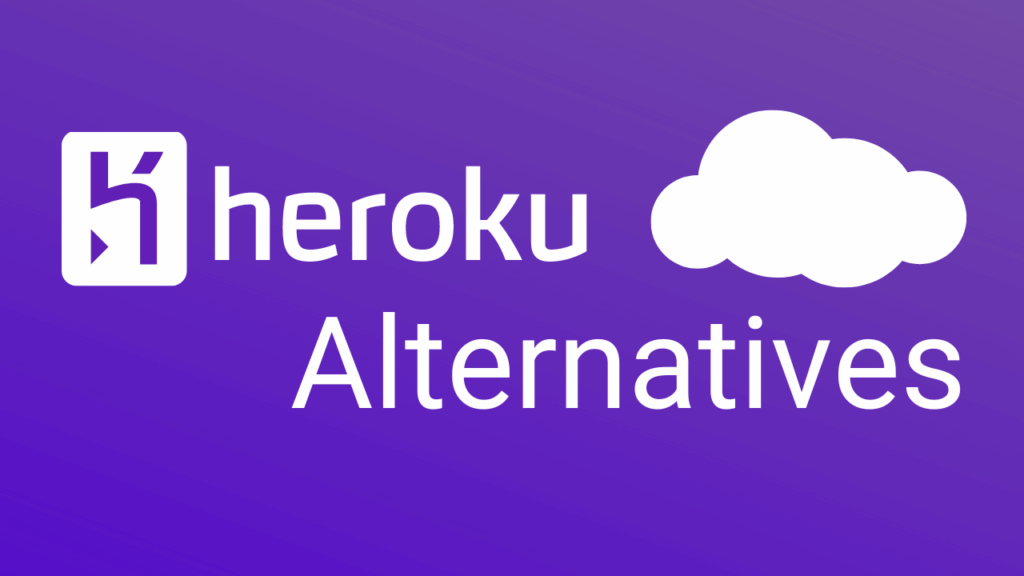Heroku popularized Platform-as-a-Service (PaaS) by making app deployment as simple as a git push. However, rising costs, limited flexibility, and decreasing investment in free-tier services have prompted developers to explore Herouku alternatives. Whether you’re building side projects, scaling SaaS products, or running production workloads, here are the top Heroku alternatives in 2025.
1. Render Render offers a Heroku-like developer experience with more generous free tiers and automatic scaling. It supports Docker, static sites, background workers, and CRON jobs out of the box. Its simplicity and strong documentation make it ideal for startups and solo developers.
2. Railway Railway provides a sleek, modern interface and emphasizes speed and simplicity. It excels in rapid prototyping, environment management, and CI/CD integration. With features like built-in databases and instant deploy previews, it’s a great fit for teams looking to move fast.
3. Fly.io Fly.io enables deploying full-stack apps close to users by running them on edge locations globally. It’s especially popular with Elixir, Rails, and Go communities. You can deploy Dockerized apps easily, and it supports persistent volumes, a feature missing in Heroku.
4. Vercel & Netlify For frontend-centric or JAMstack apps, Vercel and Netlify are excellent options. They offer seamless Git integration, edge functions, and fast global CDNs. Though not full PaaS like Heroku, pairing them with backend services (e.g., Supabase or Firebase) can replicate Heroku’s utility.
5. Google Cloud Run Google Cloud Run is a fully managed container platform that lets you deploy stateless containers triggered via HTTP. It offers scalability, pay-per-use billing, and tight integration with Google Cloud services. It requires more setup than Heroku but delivers enterprise-grade performance.
6. DigitalOcean App Platform This service simplifies deployment for containerized, static, and database-driven apps. It offers autoscaling, managed databases, and one-click deployment from GitHub. With transparent pricing and developer-friendly tooling, it’s a strong Heroku alternative.
Conclusion
Choosing a Heroku alternative depends on your project’s complexity, scalability needs, and team preferences. For simplicity, choose Render or Railway. For performance and control, consider Google Cloud Run or Fly.io. For frontend apps, Vercel and Netlify shine. Heroku set the gold standard, but in 2025, there are plenty of polished, powerful contenders.






